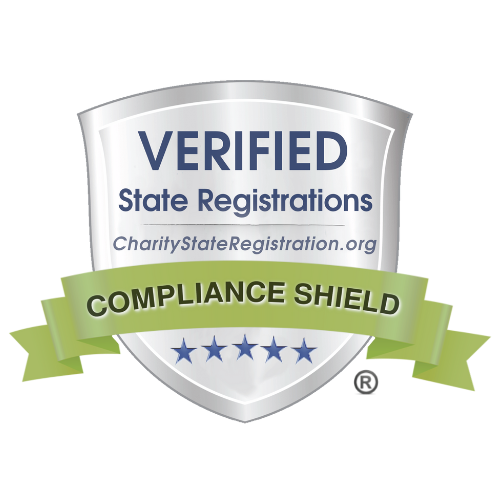IAVA | March 14, 2016
Read: PTSD & Other “Misconduct”: The Plight of Returning Soldiers

Post-traumatic stress disorder (PTSD) is a mental and emotional disorder that occurs as the result of extreme psychological shock as well as mental or physical injury. According to the National Institute of Mental Health (NIMH), the disorder can be characterized via its ability to cause intense flashbacks and nightmares as well as leading to guilt, depression, anxiety, a chronic sense of stress, insomnia, and a loss of interest in activities that used to provide enjoyment. PTSD has the ability to significantly impact every facet of life, and can even change the way that individuals approach life and are perceived by their loved ones.
According to the U.S. Department of Veterans Affairs and the National Center for PTSD, veterans have a much higher prevalence rate of PTSD as opposed to the general population. They found that while about seven to eight percent of the general population will experience PTSD at some point during their lives, anywhere from eleven to 30% of veterans will experience the disorder at some point, depending upon the conflict and generation in question. It is estimated, for example, that as much as 30% of Vietnam Veterans have experienced PTSD.
Post-traumatic stress disorder is one of the most prevalent mental health issues that veterans face after returning from active duty, and they often require a lot of support to help learn how to live with, or overcome, the condition.
I’ve discussed this topic before, but I think it’s an important one to talk about. Unlike in previous articles, however, I’m not going to spend a lot of time talking about how the VA could improve their care efforts. Instead, I want to focus on a topic that doesn’t seem to garner much attention: the plight of veterans released from the military with a “general” discharge as a
result of experiencing PTSD symptoms. I think it’s a serious issue that deserves active discussion.
Discharge and Healthcare Benefits
Did you know that if a veteran is released with anything less than an “honorable” discharge, they are ineligible for the host of benefits ostensibly offered by the VA? This means a lack of aid to healthcare, disability benefits, education benefits, and even presents a barrier to obtaining good jobs, all thanks to their discharge status. Some people might see this as a logical process – after all, if an individual is not honorably discharged, there must be a legitimate reason.
In reality, discharge statuses are not always as clear cut as they might seem. It has been estimated that as many as 22,000 service members since 2009 have been discharged less than honorably – and many of them were either exhibiting symptoms of mental health issues or were outright diagnosed with PTSD. Many of these individuals were deployed multiple times and had taken part in many conflicts. While it’s impossible to pass a blanket assertion that any perceived misconduct on their parts were definitely caused by the PTSD and other mental and physical stresses and injuries incurred in the line of duty, it’s not illogical to think that the physical and mental issues they encountered as a result of active duty contributed to at least some of their actions. Despite this likelihood, they were discharged in such a way that denied them access to the healthcare that they needed in order to recover and rejoin society.
Change on the Horizon
After a few false-starts, it seems as though this situation will perhaps be remedied in the future.
According to recent news reports, the army has been tasked with launching a review of over 22,000 soldiers who were discharged despite suffering from mental health issues. This does not necessarily help the soldiers discharged from earlier conflicts, of course, as this particular initiative affects soldiers returned from Iraq or Afghanistan. If it results in the reinstatement of benefits and a discharge upgrade, however, there’s a chance that the precedent could help prompt further investigations.
There is little question that the military needs to do more to ensure that their soldiers are not being discharged for misconduct caused directly by PTSD or other conditions acquired on active duty. Hopefully the current review undertaken by the military will be a first step in the right direction.





